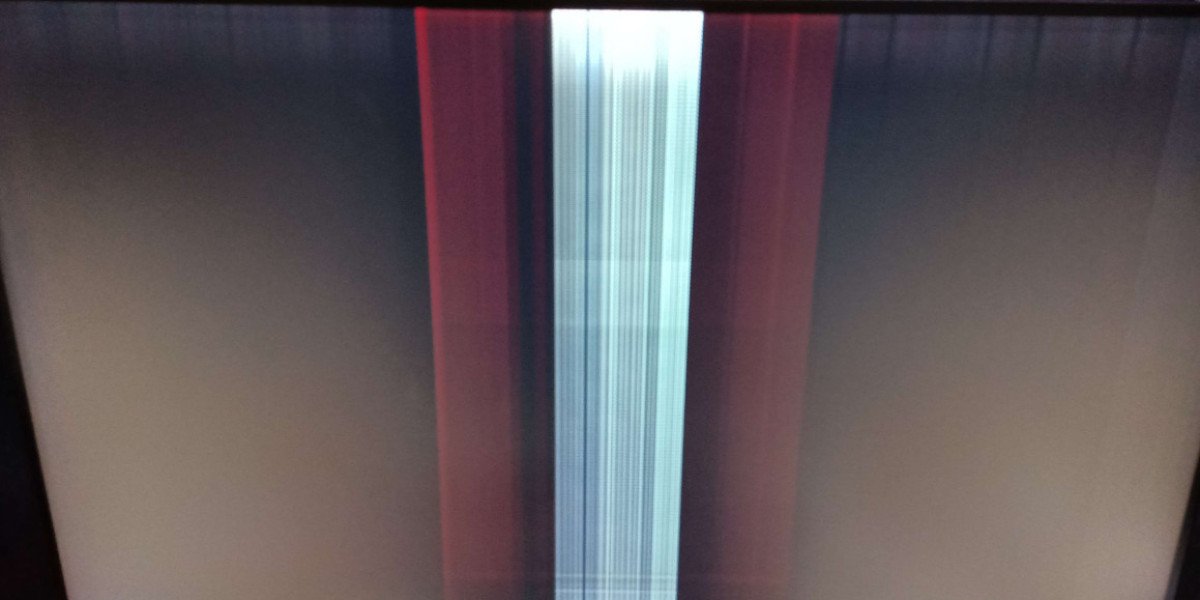Few things frustrate singers more than a sudden crack in the middle of a song. One moment you’re hitting the note, and the next your voice flips, squeaks, or breaks without warning. For beginners and professionals alike, cracking feels unpredictable and discouraging. But rather than a mystery, voice cracks can be explained by science.
If you’ve ever asked yourself Why Does My Voice Crack When I Sing?, the answer lies in how your vocal folds function and respond to breath, tension, and register transitions. These tiny muscles work like vibrating strings, and when they lose balance, the sound wavers. Understanding the mechanics of cracking is the first step toward eliminating it.
The Vocal Folds: How Sound Is Produced
The human voice begins with the vocal folds two small bands of muscle inside the larynx. When air from the lungs passes through them, they vibrate and produce sound. For smooth singing, these vibrations must be steady and well-coordinated. A crack occurs when the folds suddenly change vibration speed or fail to stay aligned.
This shift often happens in the passaggio, the transition zone between chest voice and head voice. Without proper technique, singers struggle to navigate this area, leading to abrupt breaks in tone.
The Most Common Scientific Causes of Cracking
1. Air Pressure and Breath Support
If airflow from the diaphragm is inconsistent, the vocal folds can’t maintain stability. Too little pressure causes them to drop out of vibration, while too much forces them to slam together. Both situations can cause a crack.
2. Muscle Imbalance in the Larynx
The vocal folds are controlled by multiple muscles. When these muscles fail to coordinate—such as during register shifts—the voice may suddenly “flip.”
3. Vocal Fold Fatigue
Just like any other muscle, vocal folds tire with overuse. When fatigued, they can’t close properly, making breaks more likely.
4. Rapid Register Changes
Moving too quickly from chest to head voice, or pushing chest voice too high, often results in instability. This is one of the most common reasons singers experience cracking mid-song.
5. Adolescent Development
During puberty, especially for boys, the larynx grows quickly. The vocal folds lengthen, causing sudden, unpredictable cracks. This is a natural stage of vocal development.
Stress, Nerves, and the Brain
Interestingly, voice cracks are not just physical. Anxiety activates the body’s stress response, tightening muscles and making breathing shallow. These changes interfere with vocal control, explaining why many singers crack more during performances or auditions than in private practice.
Practical Ways to Reduce Cracking
Strengthen Breath Support: Practice diaphragmatic breathing to ensure steady airflow.
Warm Up Gently: Use humming, lip trills, and light sirens before tackling demanding songs.
Develop Your Mix Voice: Work with a coach to blend chest and head voice for smoother transitions.
Release Tension: Stretch, roll your shoulders, and keep your jaw relaxed before singing.
Stay Hydrated and Rested: Healthy vocal folds vibrate more easily and resist strain.
When Cracks Signal Vocal Health Concerns
Occasional cracks are normal, but persistent or painful breaks may indicate vocal strain, nodules, or misuse. In such cases, working with a vocal coach or consulting an ENT specialist can prevent long-term damage and restore vocal strength.
Final Thoughts
Voice cracks may feel like a frustrating flaw, but they are simply a reflection of how your vocal folds function under pressure. With a scientific understanding of airflow, muscle coordination, and register transitions, you can transform cracks from an obstacle into an opportunity to grow.
Every singer from beginners to professionals experiences them at some point. The key is listening to what your voice is telling you, applying healthy techniques, and giving your instrument the care it needs.







